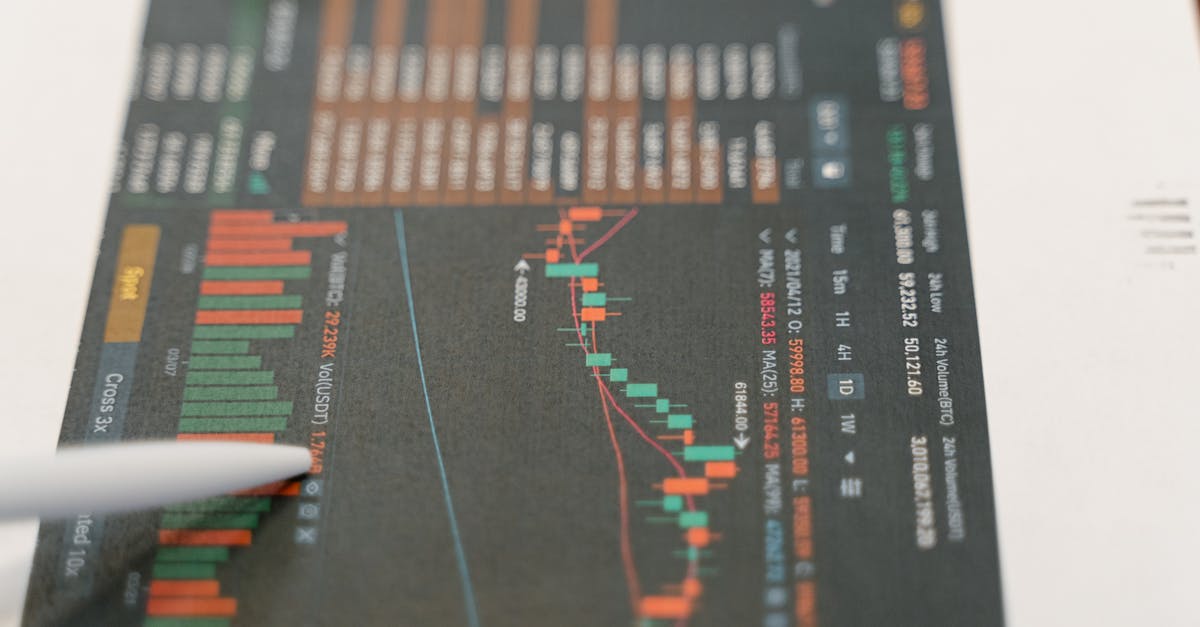Crypto Crackdown in Germany
The German Federal Criminal Police Office (BKA) and the Central Office for Combating Cybercrime have shut down 47 cryptocurrency exchanges allegedly involved in criminal activities, including money laundering. The exchanges failed to comply with "know your customer" (KYC) requirements, allowing for illicit transactions.
Seized Customer and Transaction Data
In the process of the investigation, the authorities seized some customer and transaction data from the targeted exchanges. These platforms, some of which had been operating since 2012, were found to be facilitating illegal activities, often involving individuals residing in other countries where such crimes are "tolerated or even protected".
Weakening the Criminal Infrastructure
Unable to directly prosecute the individuals behind these illicit activities, the German government plans to focus on "weakening" the underlying infrastructure that enabled the criminal behavior. This includes the sale of 49,857 bitcoins, worth $2.1 billion at the time, seized from the operators of a piracy website in 2013.
Ongoing Efforts to Combat Crypto Crime
The crackdown on these 47 exchanges is part of the German government's broader efforts to combat criminal activities in the cryptocurrency space. The authorities aim to disrupt the infrastructure and financial flows that enable such illegal practices, even if direct prosecution of the perpetrators remains challenging.
Implications for the Crypto Market
The seizure and sale of the seized bitcoins, as well as the simultaneous repayments by the defunct Mt. Gox exchange, caused significant distress in the global cryptocurrency markets due to the selling pressure and market volatility.
The information provided in this article is for informational and educational purposes only, based on news and sources gathered from the internet. This content should not be considered as investment advice, financial guidance, or a suggestion to buy or sell any digital assets. Before making any financial decisions, we recommend consulting with a professional financial advisor and conducting your own research. The author and the blog are not responsible for any losses or damages that may arise from using this content.






Comments